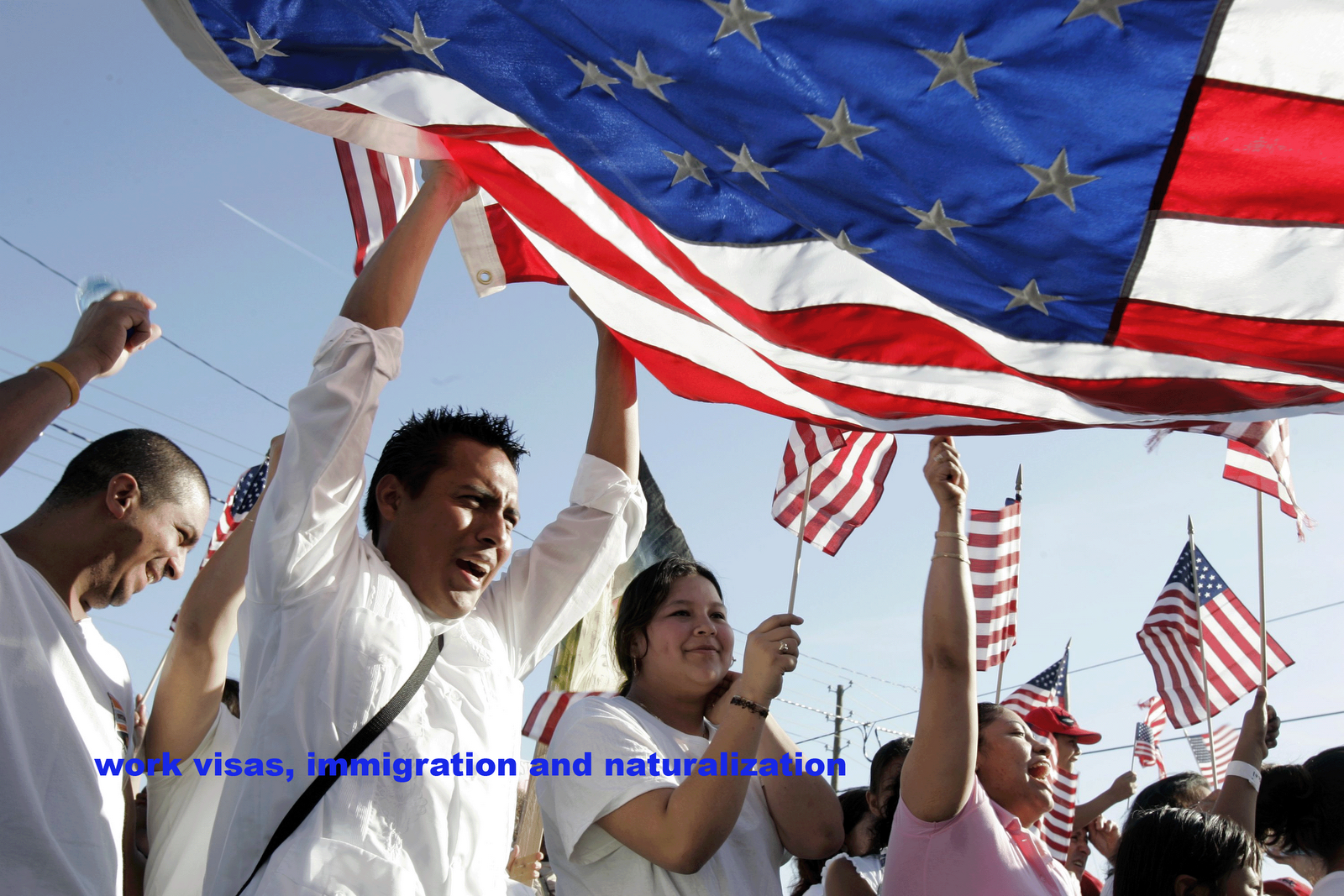European Union member states, with the exception of Ireland and the United Kingdom, have a unified visa system as part of the Schengen Area. Three non-member states—Iceland, Norway and Switzerland—are also part of the Schengen area and also implement the unified system. Bulgaria, Cyprus and Romania are not yet part of the Schengen area, but maintain the same immigration policies as required by Schengen. Liechtenstein has signed up to Schengen but has yet to implement it. Ireland and the United Kingdom maintain independent immigration policies.
The United Kingdom and Ireland operate a passport-free zone called the Common Travel Area, with limited passport controls between them. While the land border is open with no fixed checkpoints, Ireland does, however, perform routine passport controls at airports, selective controls at ferry ports and spot checks on cross-border road and rail transport. A UK visa will not allow a traveller entry to Ireland, nor will an Irish visa allow entry to the UK.
Nationals of European Union member states, and of Iceland, Norway, Switzerland and Liechtenstein are not only visa-exempt but are legally entitled to enter and reside in each other's countries, following the requirement of the EU's freedom of movement provisions, the European Economic Area Agreement and bilateral accords with Switzerland.
These lists cover only the visa requirements for regular passport holders. Most often, countries allow some holders of official (service or diplomatic) passport holders visa-free access while they require visas from regular passport holders. In rare cases, however, a country may also allow visa-free access for regular passport holders but require visas from official passport holders. These rules have not been unified even within those EU countries that have fully implemented the Schengen acquis.
Visa requirements for the Schengen Area, Liechtenstein, Bulgaria, Cyprus and Romania
As of 2001 the European Union issues two lists regarding visas: a white list of countries whose nationals do not require visas and a black list of countries whose nationals do require visas.Visa-exempt nationals are entitled to enter and remain in the Schengen area for up to three months within half a year; most signatory states do not allow these visa-exempt nationals to carry out remunerative activities during this period. The visa requirements of the Schengen area are also implemented in Bulgaria, Cyprus and Romania.
The following individuals can enter the Schengen area, Bulgaria, Cyprus, Liechtenstein and Romania without a visa:
As of right, using a passport or a national identity card
Citizens of European Union member states and their special territories
Citizens of non-EU member states of the European Economic Area (Norway, Iceland and Liechtenstein), their special territories and Switzerland
Visa-exempt countries and territories
Holders of British National (Overseas) passports (those with connection to former British Hong Kong)
Citizens of the following countries and territories:
Transit visas
As of 5 April 2010, common visa requirements for the airport transit were introduced by the European Union. From that date, citizens of certain countries need transit visas unless they:
hold a Schengen visa, a national long-stay visa or a residence permit issued by an EU member state,
hold certain residence permits issued by Andorra, Canada, Japan, San Marino or the United States guaranteeing the holder's unconditional readmission to that country,
hold a valid visa for an EU member state or for a member of the European Economic Area Agreement, Canada, Japan or the United States of America, or when they return from those countries after having used the visa,
are family members of an EU citizen,
hold a diplomatic passport, or
are flight crew members whose state of nationality is a party to the Chicago Convention on International Civil Aviation.
The list of countries which nationals require Airport Transit visa consists of 12 countries:
Afghanistan ,Bangladesh ,Democratic Republic of the Congo ,Eritrea ,Ethiopia ,Ghana ,Iran ,
Iraq ,Nigeria ,Pakistan ,Somalia ,Sri Lanka
United Kingdom visa requirements
In July 2008, the UK announced the results of its first global review of those needing a visa to come to the UK against a set of strict criteria to determine the level of risk they pose to the UK in terms of illegal immigration, crime and security. The review would determine whether the nationals of 11 countries would require visas by the end of 2008, unless the countries in question take measures to reduce the perceived risk they pose to the UK. The new visa rules announced on 9 January 2009 require that the nationals of South Africa, Swaziland, Lesotho and Bolivia to obtain a visa; only Venezuelan nationals traveling on electronic passports issued since 2007 may enter the UK without a visa;and the existing visa-free status for the nationals of Botswana, Brazil, Malaysia, Mauritius, Namibia and Trinidad and Tobago is maintained.
The following individuals can enter the United Kingdom without a visa:







